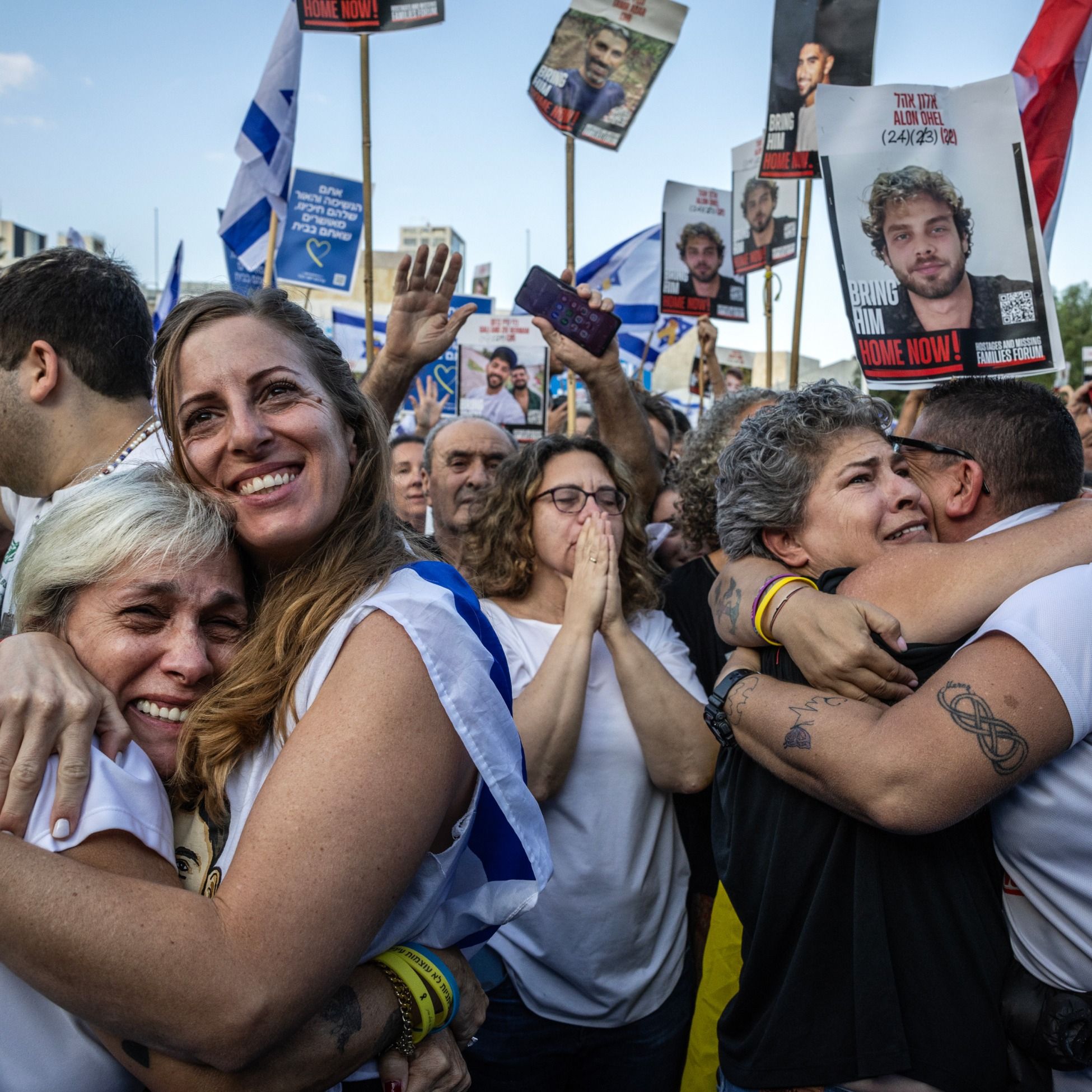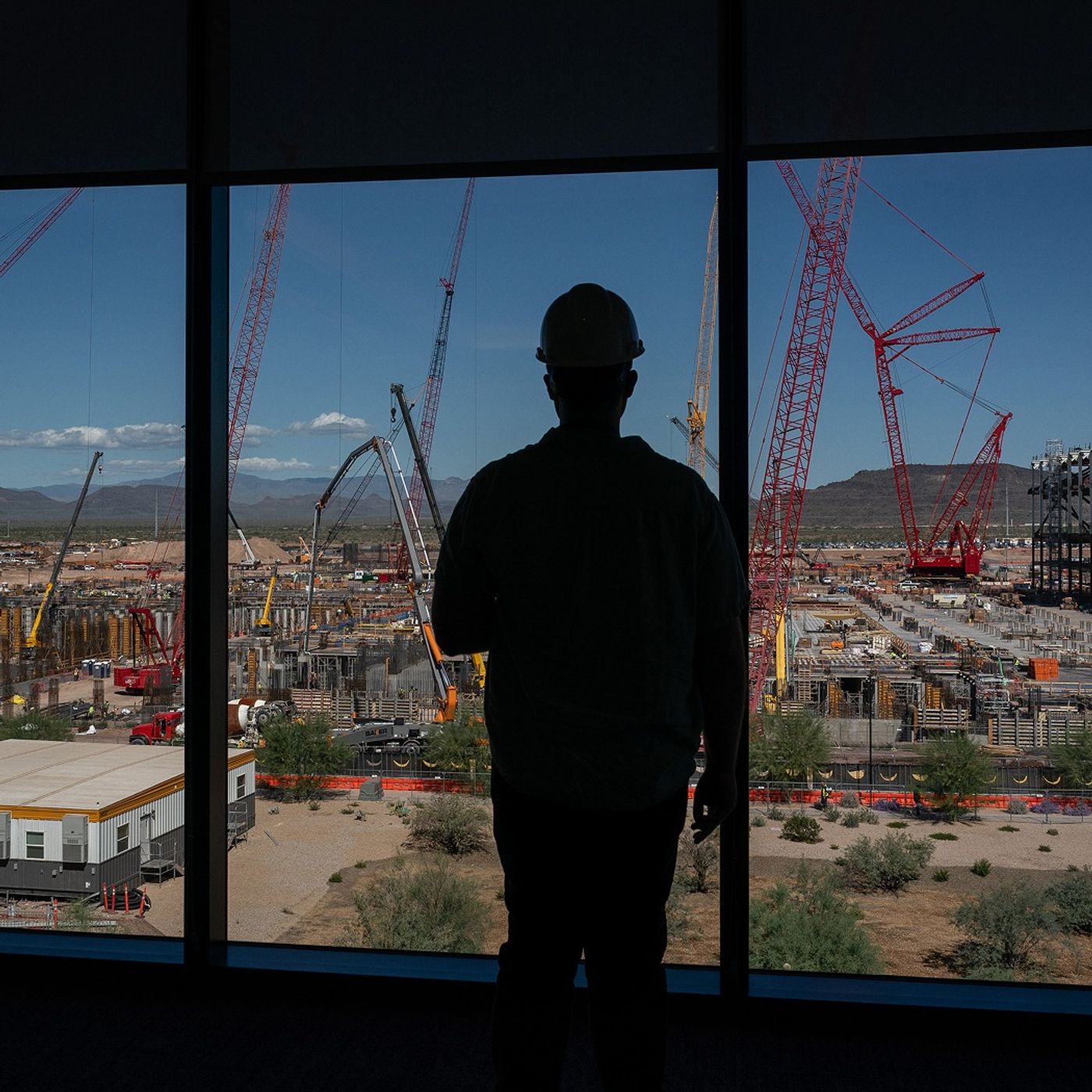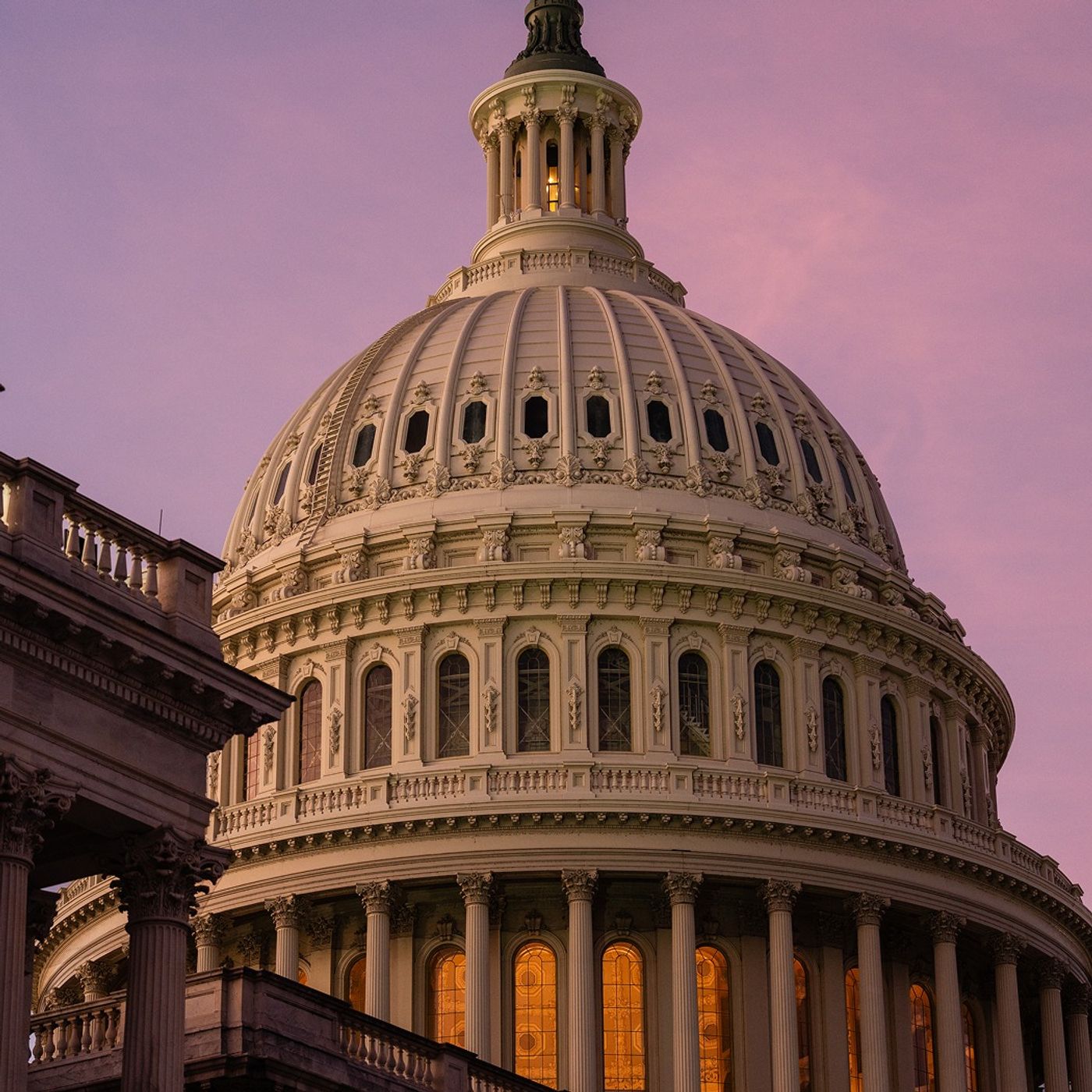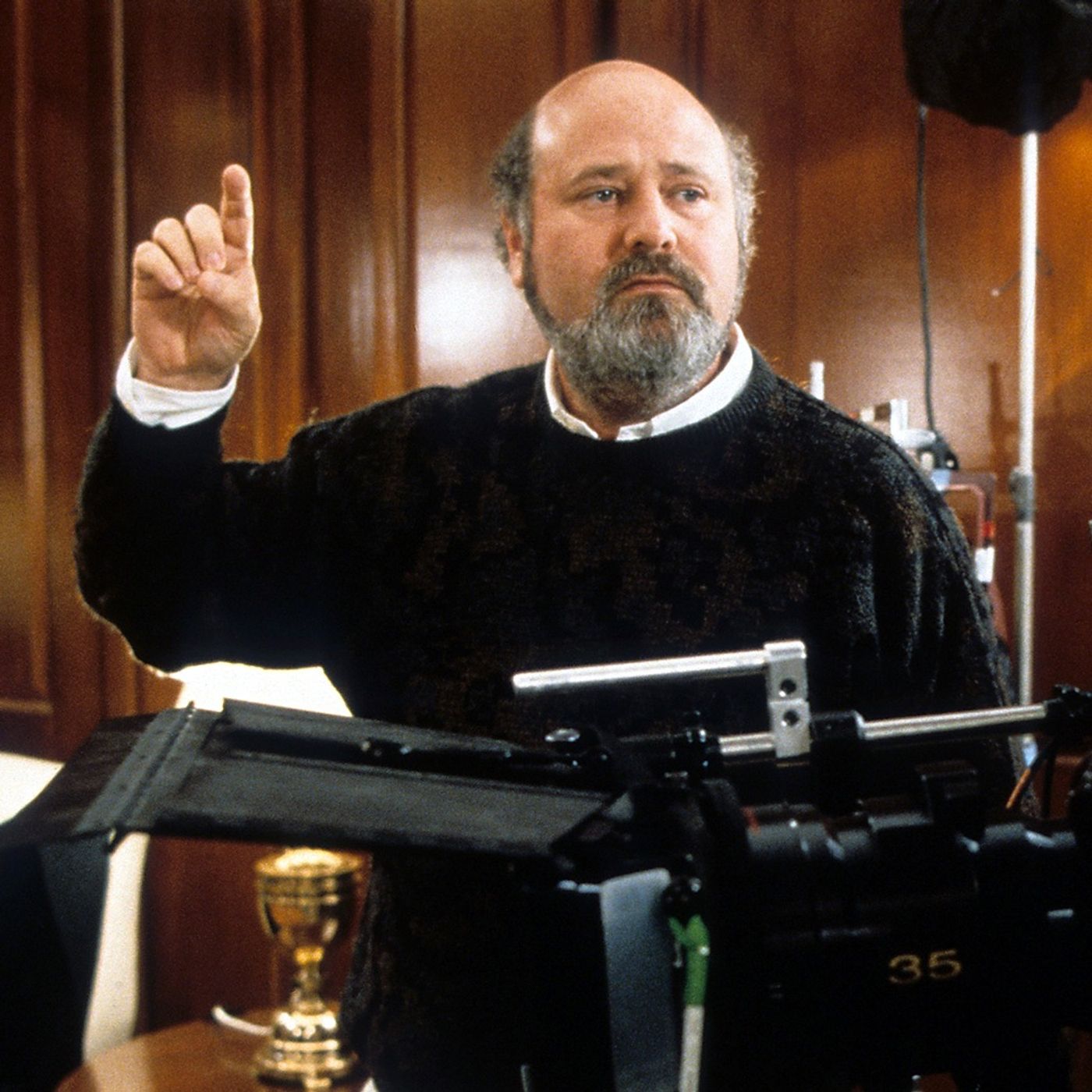Two Years Later, Israel’s Last Hostages Return
The Israeli military said on Monday that it had received the 20 remaining living hostages released by Hamas under the terms of the cease-fire deal.
Rachel Abrams speaks to families of those hostages, and to other Israelis, about the long-anticipated moment, and Isabel Kershner, a Times reporter who covers Israel and Palestine, discusses why the hostages have been such a crucial factor in efforts to end the war.
Rachel Abrams speaks to families of those hostages, and to other Israelis, about the long-anticipated moment, and Isabel Kershner, a Times reporter who covers Israel and Palestine, discusses why the hostages have been such a crucial factor in efforts to end the war.
Press play and read along
Transcript
Transcript is processing—check back soon.
The Daily — Two Years Later, Israel’s Last Hostages Return





